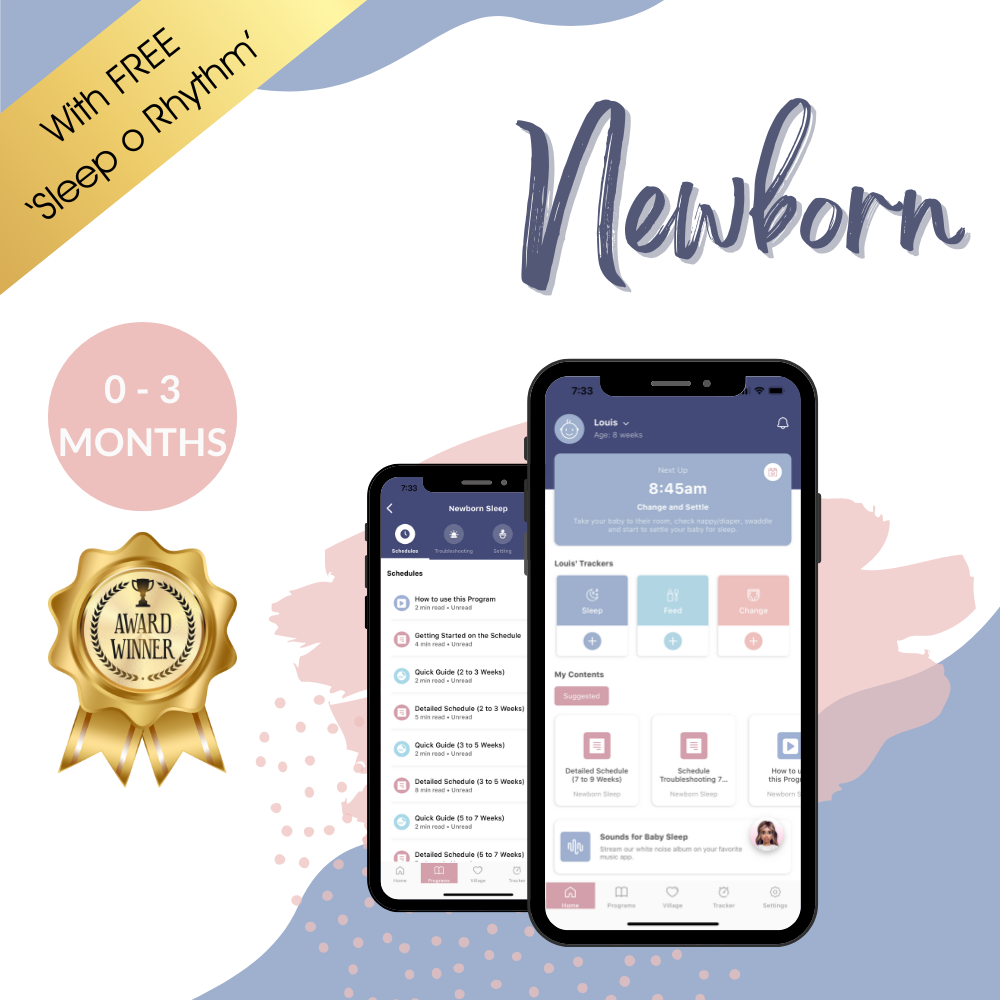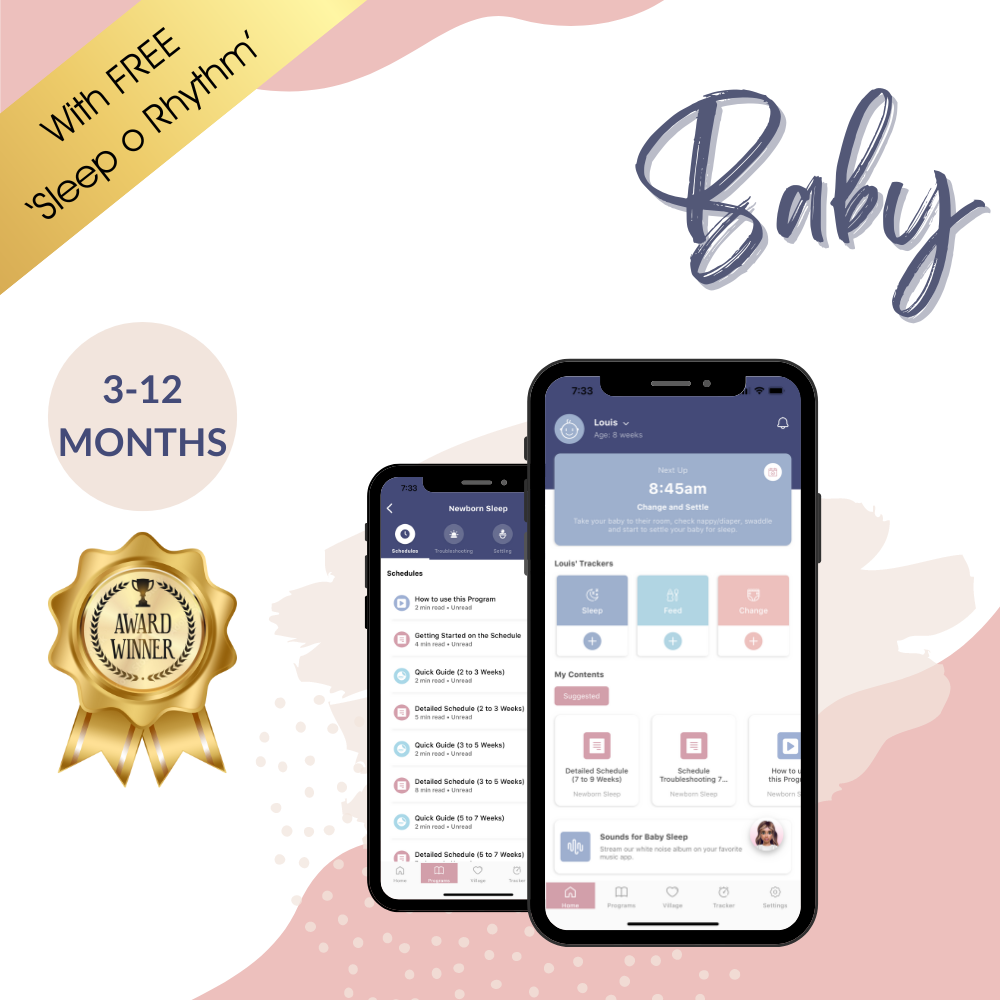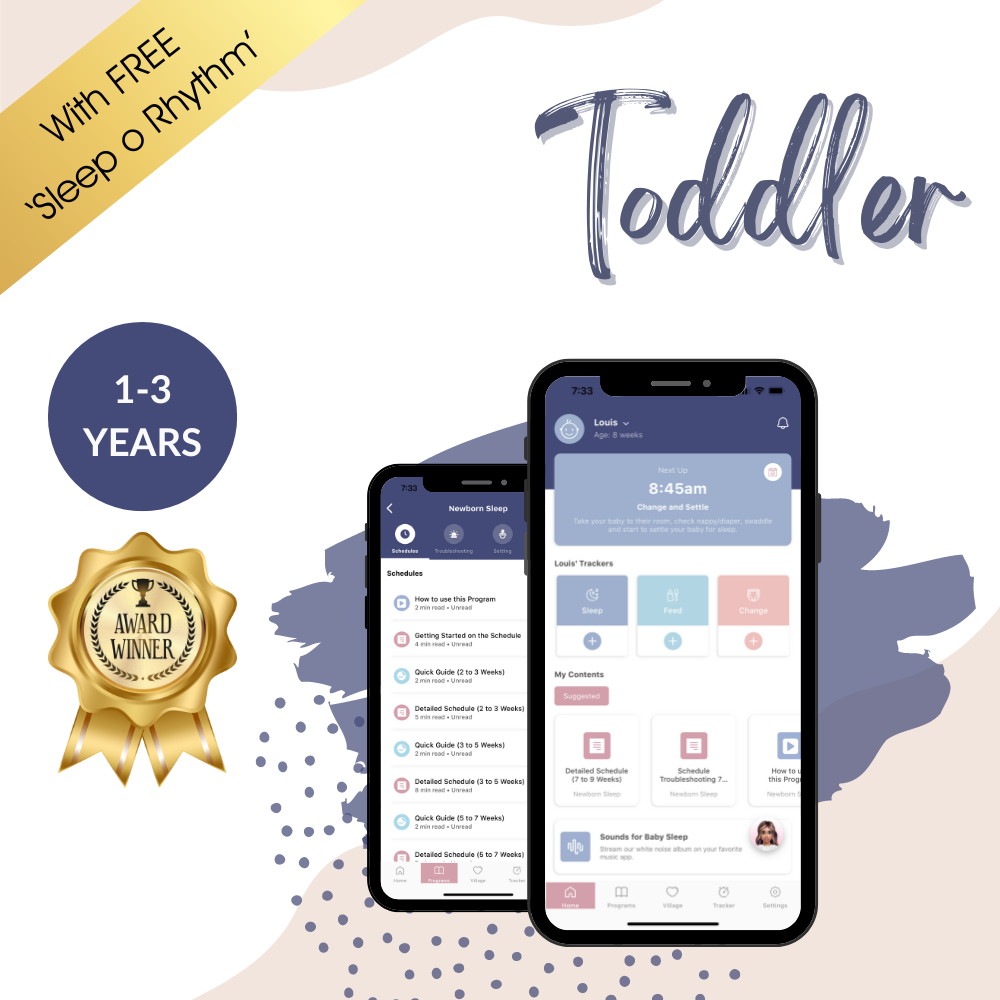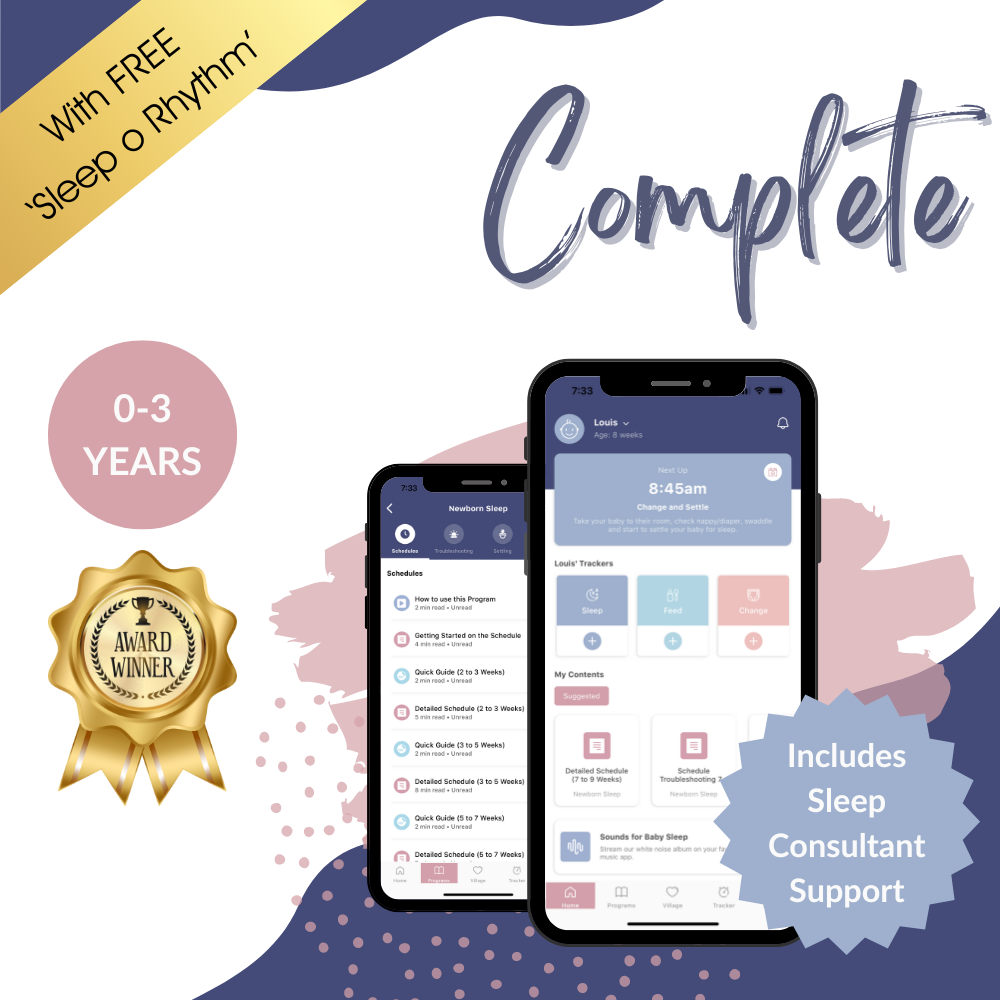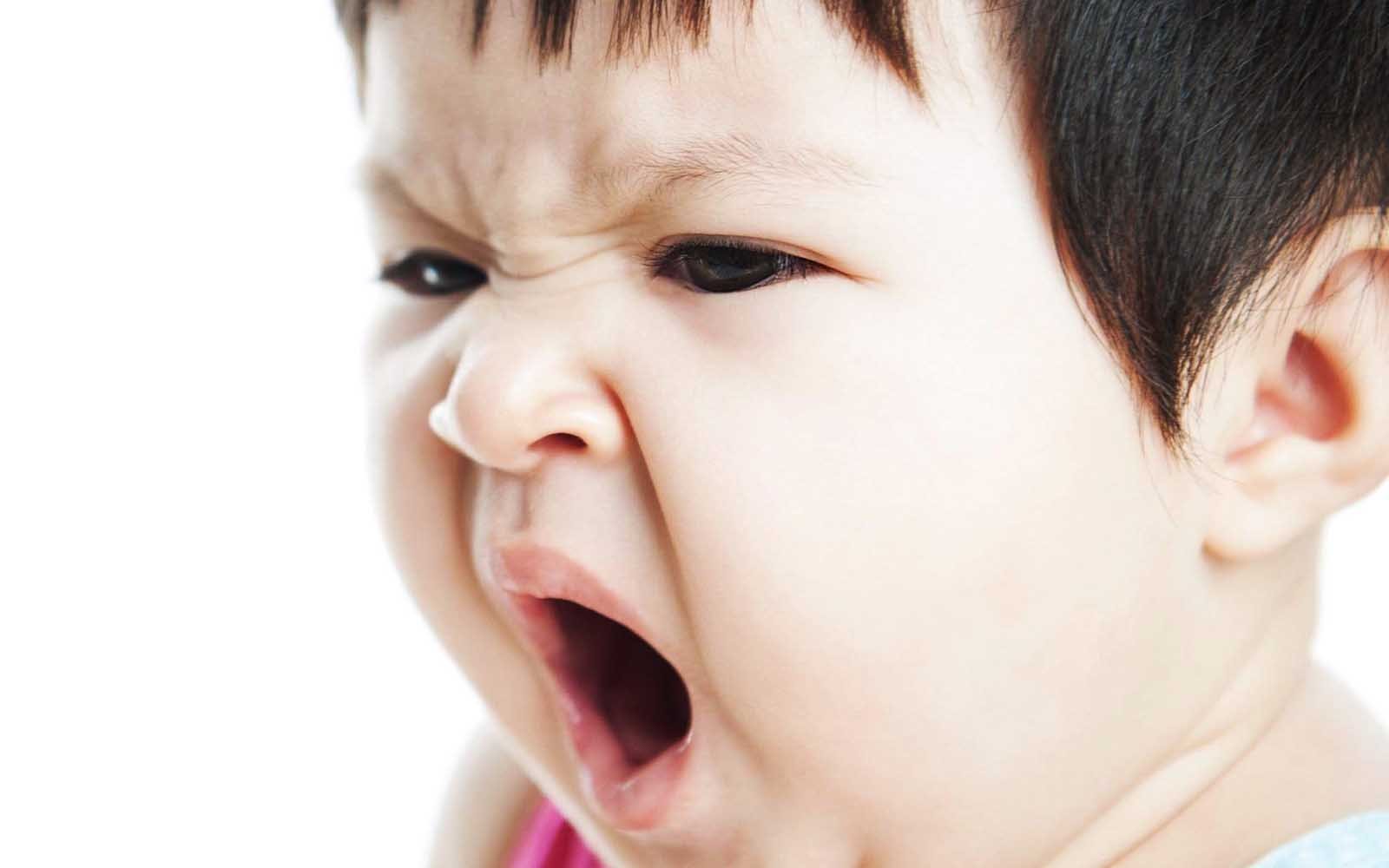
What Is Sleep Pressure and How Does It Affect Your Baby’s Sleep?
You might have heard this term bandied about the place and wondered what on earth it meant. Surely being a parent is sleep pressure enough right?!
Well... sleep pressure is actually an unconscious biological response that makes us want to go to sleep. Without enough sleep pressure, we (adults and babies alike) won't be able to settle easily or sleep for long. Sounds simple, but there are many factors that affect sleep pressure and we'll explore them in this article:
- Light and dark
- Awake windows
- Sleep environment
Feeling confused about your baby's sleep needs?
Let our sleep experts help you every step of the way. Together we can solve your little one's sleep challenges
Get our Sleep Programs
Light and dark
One of the big factors that affects sleep pressure is the light and dark. This is a key body clock trigger. You yourself will know how hard it is to nap in a bright room!
It's no different for babies.
Our bodies are programmed in specific ways and we fight sleep in a bright room because the sleep pressure is really low in the daylight, due to the hormone responsible for sleep (melatonin) only being released in the dark.
This is why we regularly recommend a dark room for your baby's daytime naps; to inject some sleep pressure into the equation. This is also why many hotels have blackout blinds - for those weary jet lagged travellers who need to catch up on some sleep while it's still daylight. Hotels understand that the dark is a key element of sleep pressure!
Awake windows
Sleep pressure is also determined by how tired we are. If we're not tired enough to go to sleep, we simply won't!
It's no different for babies.
If a baby's awake windows aren't spot on for their age or if they've already had too much sleep that day, the sleep pressure won't be great enough to help them drift off. We see this all the time where babies are being offered a nap too early in their awake window and are fighting sleep as a result. Or when babies have a really long morning nap for example, and then aren't tired enough for more than a quick catnap later in the day (which leads to over tiredness come bedtime that night).
Similarly, if a baby has had a tonne of sleep already during the day, they will really fight going to bed that night. The sleep pressure simply isn't great enough because they're not tired enough.
Sleep environment
The environment we sleep in also creates sleep pressure. You and I wouldn't be able to fall asleep in a highly stimulating room where there are tonnes of distractions or where we can hear lots of stimulating noises would we (think aeroplane...)?
It's no different for babies.
Turn off those brightly coloured musical mobiles and encourage sleep pressure by doing things in a baby's sleep environment like ensuring it is nice and dark, playing loud white noise to help them zone out, removing night lights or other stimulating toys and features. The more sleep-inducing the environment, the more sleep pressure is being created.
We can help create some sleep pressure for your baby by ensuring your baby's naps are happening at the best biological times and for the optimum lengths for their age. We also provide you with the ideal conditions for sleep through our comprehensive, thoroughly researched Sleep Programs.
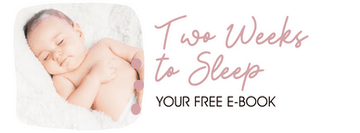
Receive product and services updates, promotional offers and other marketing communications based.


